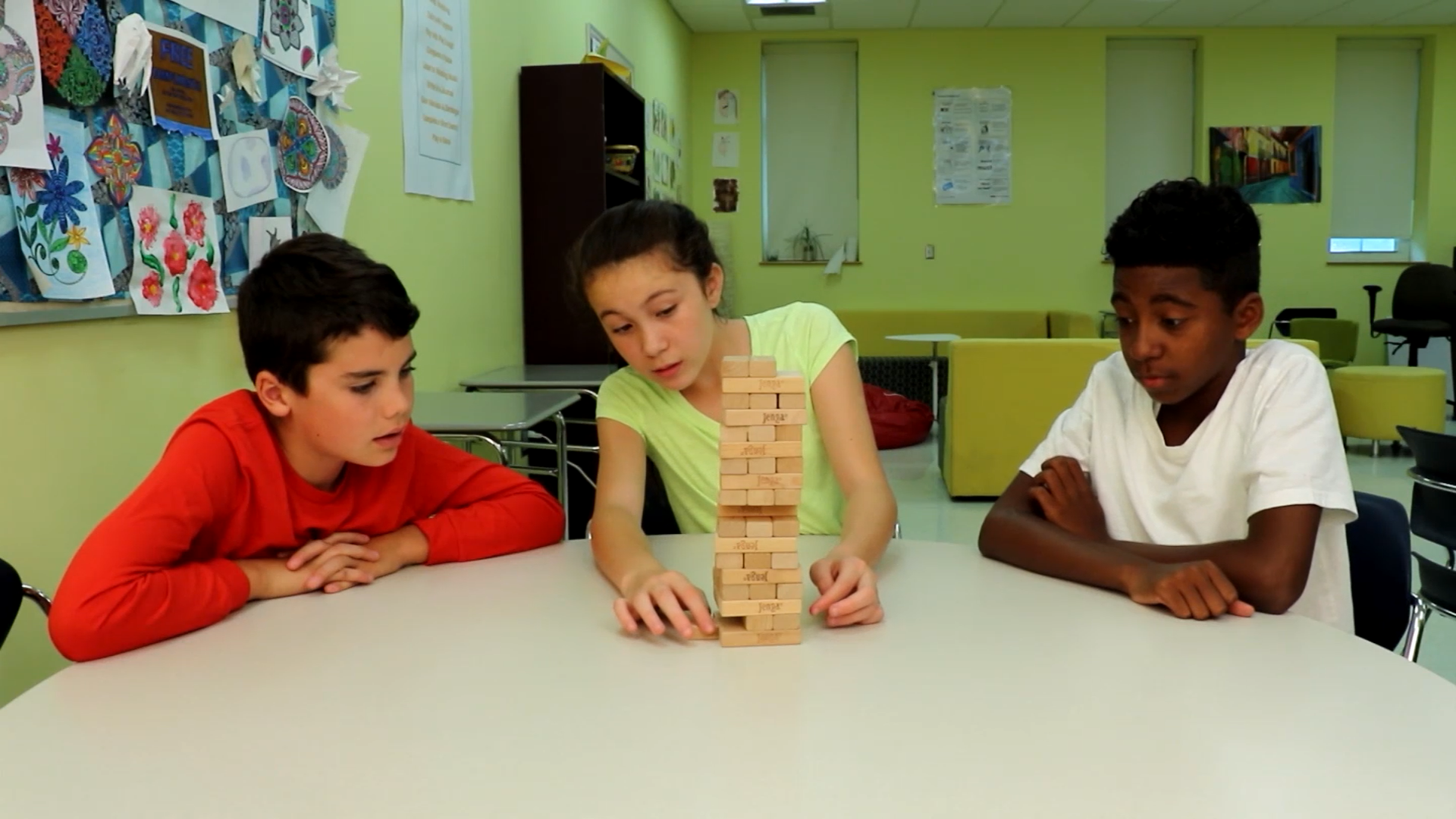
Introduction
Games and group activities are excellent opportunities to teach students the importance of fair play and following rules. By incorporating principles of social-emotional learning, educators can help students develop a better understanding of how their actions affect others and learn to play games in a fair and respectful manner. This blog post will discuss an activity designed for special education students that emphasizes the importance of following rules and playing fairly.
No-Prep Activity: The Fair Play Game
This activity requires no preparation or materials and is suitable for students of all ages. The purpose of the game is to encourage students to follow rules and play fairly with their peers.
- Divide students into small groups.
- Choose a simple game or activity that all students are familiar with, such as tic-tac-toe or a card game.
- Have the students play the game together, taking turns and following the rules.
- As the students play, observe their behavior and take note of any instances where they may not be following the rules or playing fairly.
- After the game, bring the group together for a discussion about the importance of fair play and following rules.
Discussion Questions
Use these questions to stimulate further discussions about the importance of fair play and following rules:
- How did you feel when everyone was following the rules during the game? How did it affect the overall experience?
- Can you think of a time when someone did not follow the rules in a game or activity? How did that make you feel?
- Why is it important to follow the rules and play fairly with others?
- How can following the rules and playing fairly help build trust and positive relationships with others?
- What strategies can you use to remind yourself to follow the rules and play fairly in future games and activities?
Related Skills
In addition to fair play and rule following, teaching students the following related skills can help them develop better social-emotional understanding:
- Empathy: Understanding and sharing the feelings of others.
- Active listening: Paying close attention to what others are saying and responding thoughtfully.
- Cooperation: Working together with others to achieve a common goal.
- Conflict resolution: Resolving disagreements and finding solutions that work for everyone involved.
Next Steps
Teaching students the importance of fair play and rule following is a crucial aspect of social-emotional learning. By incorporating these principles into your classroom activities, you can help students develop a better understanding of how their actions affect others and learn to play games in a fair and respectful manner. To access free sample materials and learn more about social-emotional learning, sign up at Everyday Speech Sample Materials.

